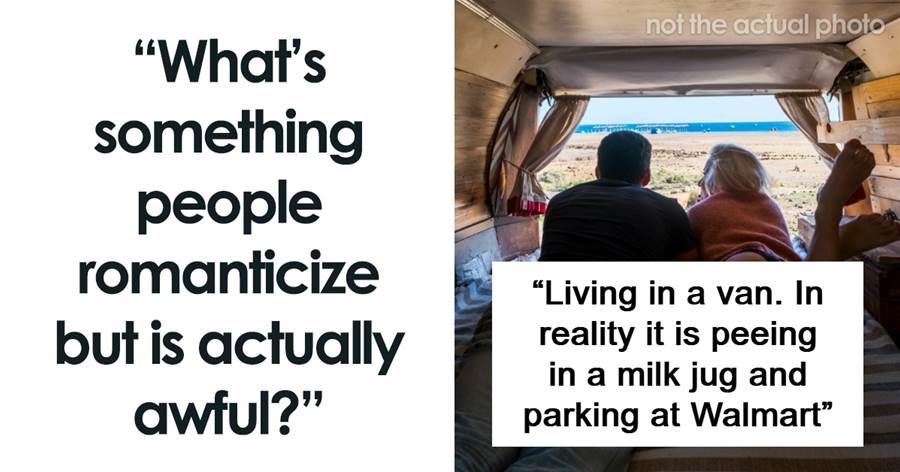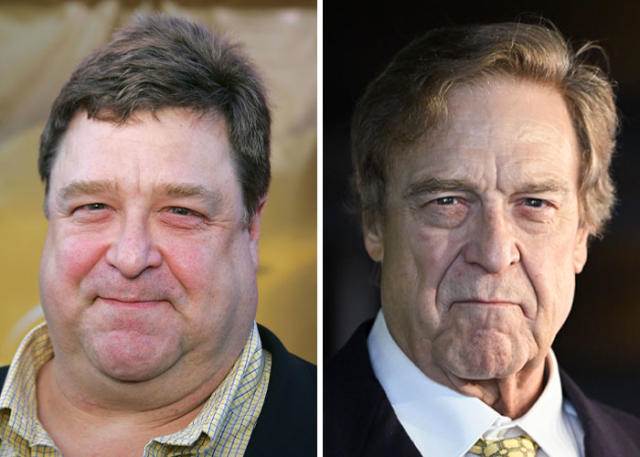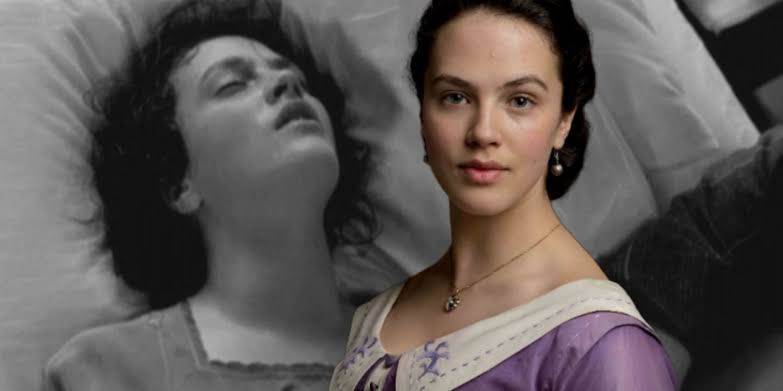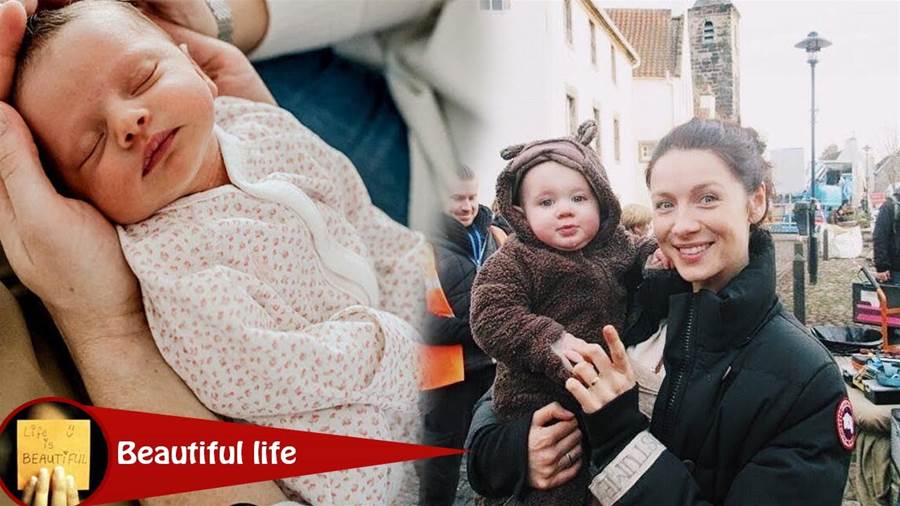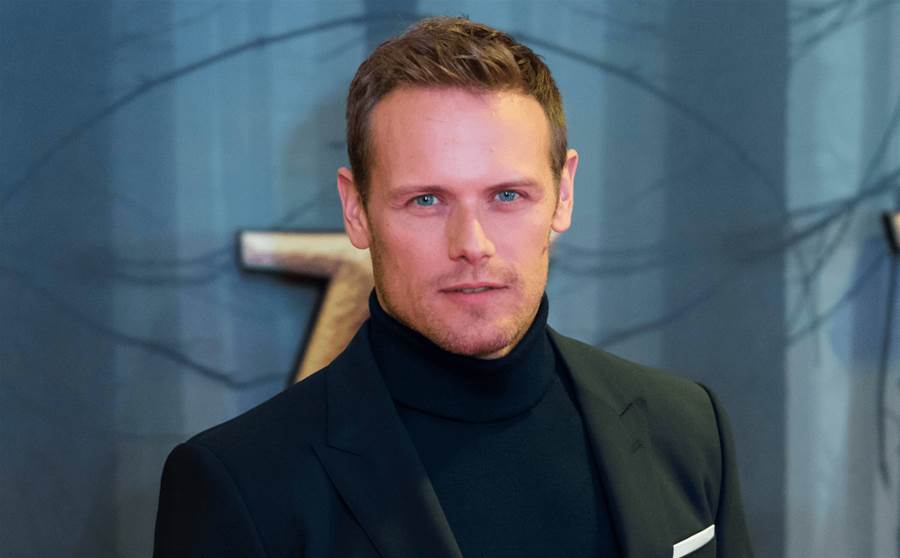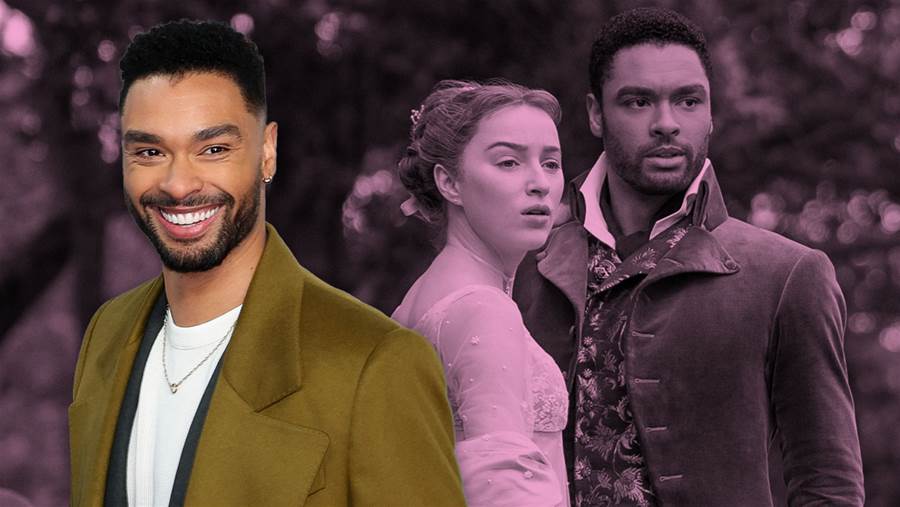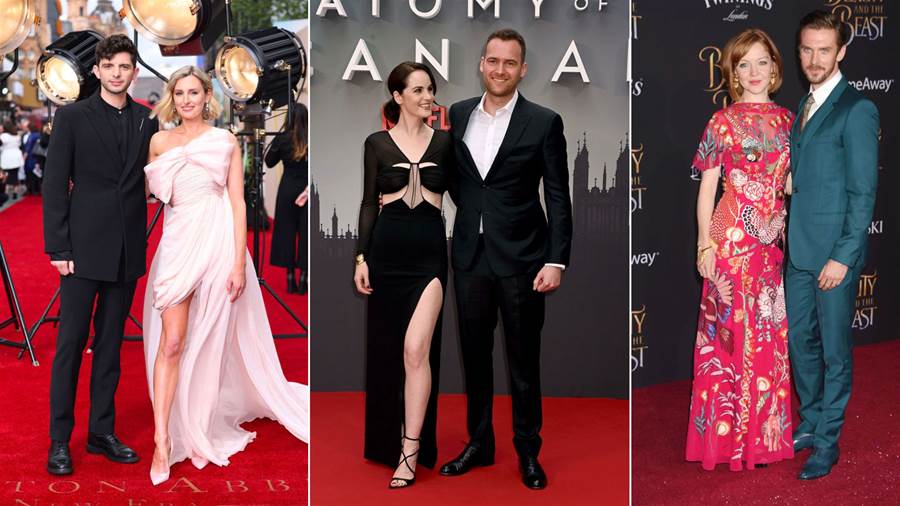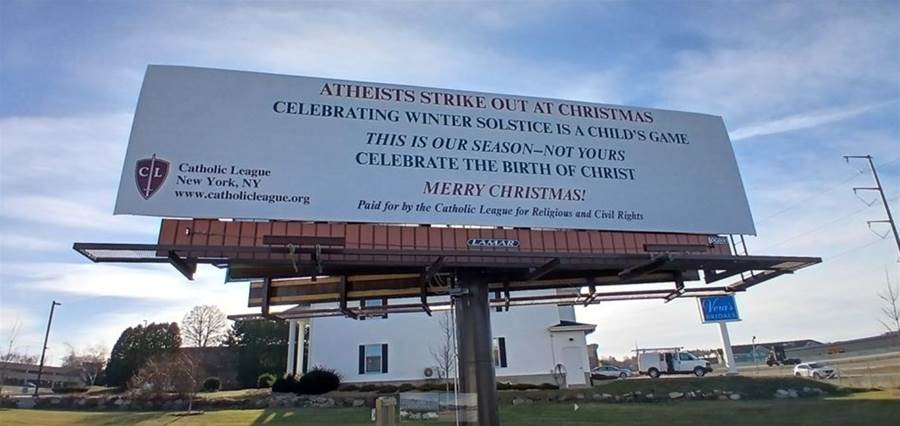
As December rolls around, homes sparkle with festive lights, and the air fills with joy and holiday cheer. Christmas carols echo in malls, and people gather to celebrate love, family, and togetherness. It’s the season of giving, a time when communities come together to embrace the magic of the holidays. For many, it’s a deeply spiritual time, while for others, it’s an occasion to celebrate human connections, traditions, or even just the turning of seasons.
But what happens when the season of joy becomes a battleground for ideologies?
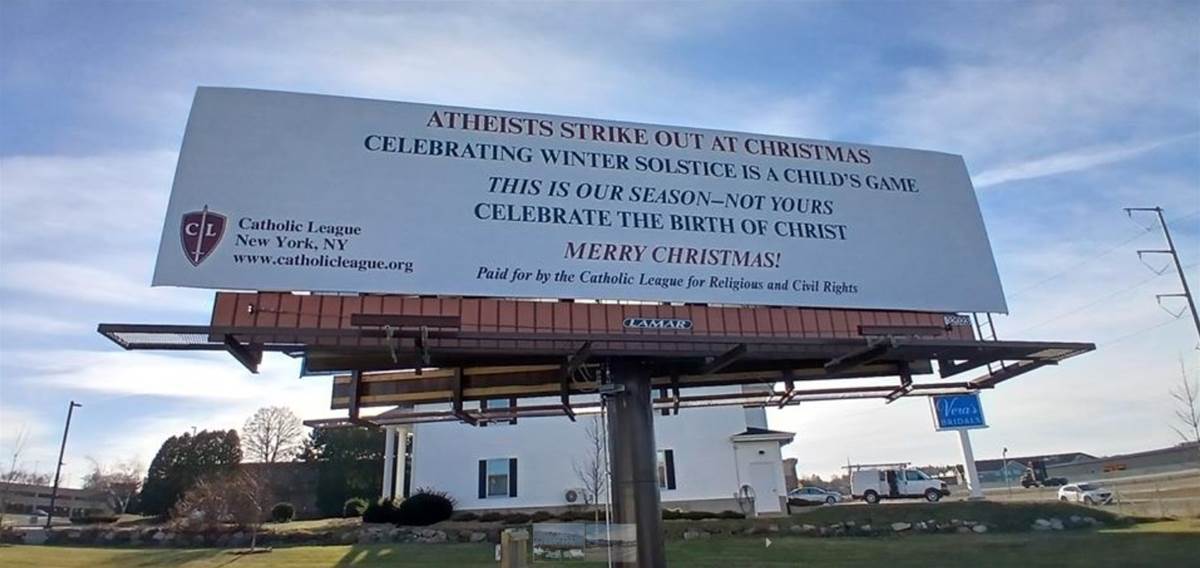
Every year, as wreaths go up and trees are trimmed, a less festive debate emerges. What does Christmas mean, and who gets to claim it? While some see it as a purely Christian celebration, others view it as a broader cultural or historical phenomenon that goes beyond religious lines.
This tension isn’t new, but it seems to escalate with each passing year.
A Season of Ancient Origins
The winter solstice, the shortest day of the year, has been celebrated across cultures and religions for thousands of years. Long before Christmas, ancient civilizations marked this celestial event with feasts, rituals, and gatherings. From Saturnalia in ancient Rome to Yule in Norse traditions, the winter solstice symbolized hope, renewal, and the gradual return of light.
The article is not finished. Click on the next page to continue.
The article is not finished. Click on the next page to continue.
Next page



